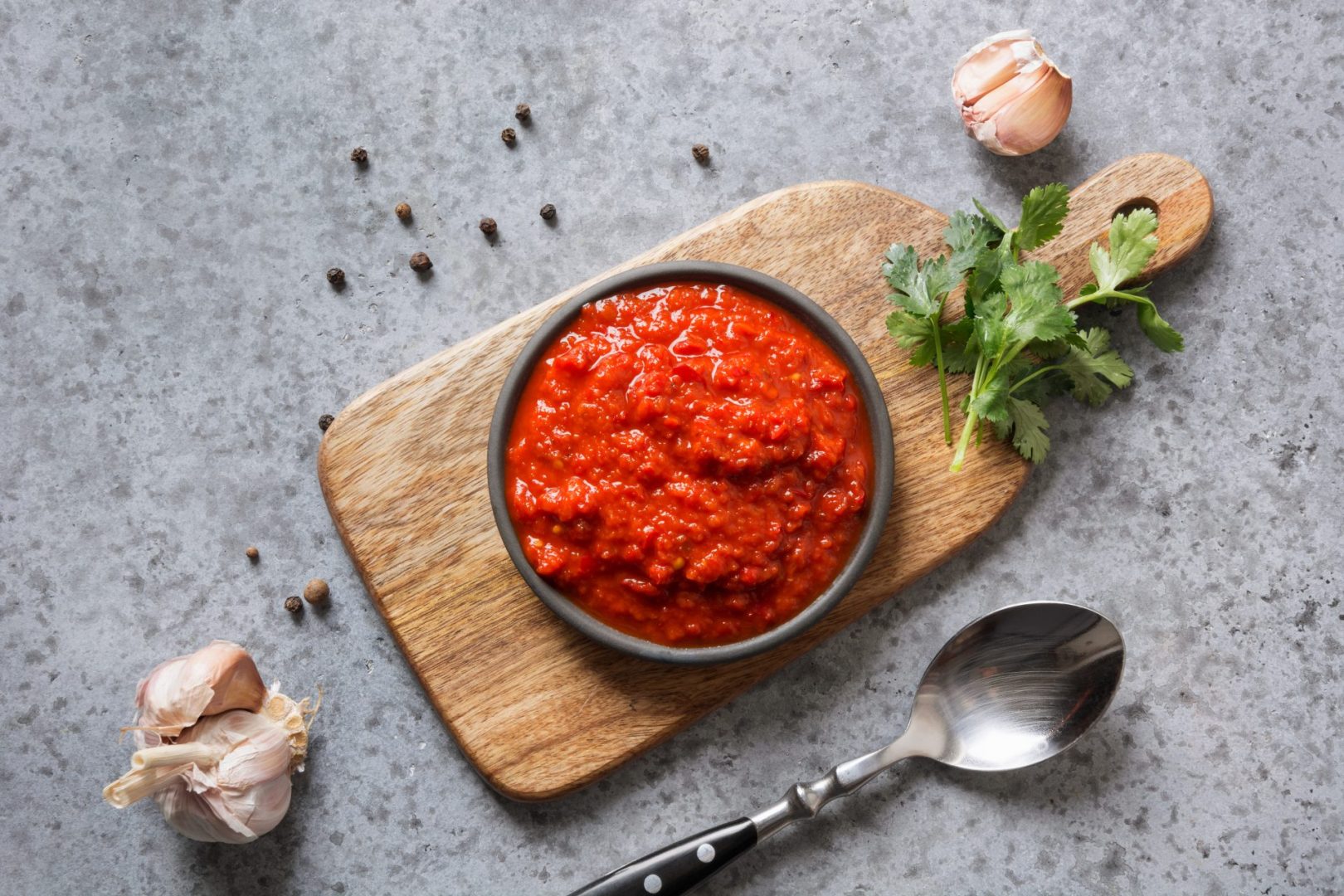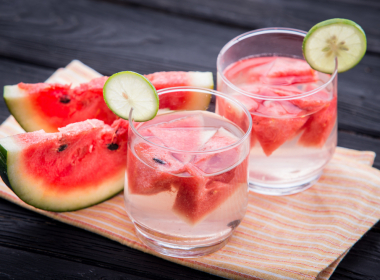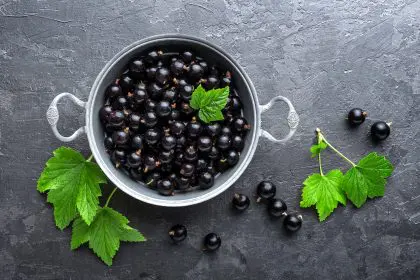The kidneys work around the clock to filter waste from the blood, regulate fluid balance, and maintain overall health. When early damage occurs, these vital organs can often heal and restore function when given proper nutritional support. Certain foods contain compounds that specifically support kidney repair, reduce inflammation, and protect against further deterioration.
Understanding how nutrition impacts kidney health empowers individuals to take active steps in supporting these essential organs. The foods that excel at kidney protection and repair typically contain antioxidants, anti-inflammatory compounds, and nutrients that support cellular regeneration while reducing the workload on damaged kidney tissue.
Early kidney damage often develops silently, making prevention and early intervention through nutrition particularly valuable. The right dietary choices can help damaged kidney cells repair themselves while protecting healthy tissue from future harm.
Understanding kidney damage and repair
Kidney damage typically begins at the cellular level, where filtering units called nephrons become impaired due to factors like high blood pressure, elevated blood sugar, inflammation, or exposure to toxins. In early stages, this damage is often reversible through lifestyle changes and proper nutrition.
The kidneys possess remarkable regenerative abilities when the underlying causes of damage are addressed. Providing the right nutrients while reducing inflammatory substances allows damaged kidney tissue to begin healing processes. This natural repair mechanism works best when supported consistently over time.
Nutritional intervention becomes most effective when combined with other kidney-protective practices like maintaining healthy blood pressure, managing blood sugar levels, and staying properly hydrated. The foods that support kidney healing work through multiple pathways to create optimal conditions for repair and protection.
1. Leafy greens for mineral balance
Dark leafy greens like spinach, kale, and Swiss chard provide essential nutrients that support kidney function while helping maintain proper mineral balance. These vegetables contain compounds that help reduce inflammation in kidney tissue and support the organ’s natural filtering processes.
The potassium in leafy greens helps regulate blood pressure, reducing strain on kidney blood vessels and filtering units. However, individuals with advanced kidney disease may need to monitor potassium intake, making early intervention with these foods particularly valuable before restrictions become necessary.
Leafy greens also provide folate, which supports cellular repair processes throughout the body, including kidney tissue. The antioxidants in these vegetables help protect kidney cells from oxidative damage while supporting overall kidney health. Regular consumption of varied leafy greens provides comprehensive nutritional support for kidney function.
2. Berries rich in protective compounds
Blueberries, cranberries, strawberries, and other berries contain powerful antioxidants that help protect kidney cells from damage while supporting repair processes. The anthocyanins that give berries their vibrant colors have been shown to reduce inflammation in kidney tissue and support healthy blood flow to these organs.
Cranberries deserve special mention for their unique ability to support urinary tract health, which directly impacts kidney function. The compounds in cranberries help prevent harmful bacteria from adhering to urinary tract walls, reducing the risk of infections that could damage kidney tissue.
The fiber in berries helps regulate blood sugar levels, protecting kidneys from the damage that can occur with glucose spikes. These fruits also provide vitamin C and other nutrients that support immune function and cellular repair processes throughout the body, including kidney tissue.
3. Fatty fish for anti-inflammatory support
Salmon, mackerel, sardines, and other cold-water fish provide omega-3 fatty acids that help reduce inflammation throughout the body, including kidney tissue. These healthy fats support cellular membrane health and may help protect kidney filtering units from inflammatory damage.
The high-quality protein in fish provides essential amino acids needed for tissue repair while being easier for compromised kidneys to process compared to some other protein sources. The omega-3 fatty acids also support cardiovascular health, which directly impacts kidney function through improved blood flow.
Regular consumption of fatty fish has been associated with better kidney function and reduced risk of kidney disease progression. The anti-inflammatory effects of omega-3 fatty acids may help slow or reverse early kidney damage while supporting overall health and wellness.
4. Garlic for detoxification support
Garlic contains sulfur compounds that support the body’s natural detoxification processes, potentially reducing the burden on kidneys while providing compounds that may help repair damaged tissue. The anti-inflammatory properties of garlic also support overall kidney health.
The compounds in garlic help regulate blood pressure and support cardiovascular health, both crucial factors in maintaining kidney function. Healthy blood flow to the kidneys ensures these organs receive the oxygen and nutrients needed for repair and optimal function.
Garlic also provides antioxidants that help protect kidney cells from oxidative stress while supporting immune function. The detoxification support provided by garlic compounds may help reduce the accumulation of harmful substances that could contribute to kidney damage.
5. Red bell peppers for vitamin support
Red bell peppers provide high levels of vitamin C and other antioxidants while being lower in potassium than many other vegetables, making them particularly suitable for supporting kidney health. The vitamin C in red peppers supports immune function and cellular repair processes.
These colorful vegetables also provide vitamin A and other compounds that support overall health while being gentle on kidney function. The antioxidants in red peppers help protect kidney cells from oxidative damage while supporting the body’s natural healing processes.
Red bell peppers can be eaten raw or cooked and provide versatility in meal planning for kidney-healthy eating. Their sweet flavor and nutritional profile make them an excellent choice for individuals looking to support kidney health through dietary changes.
6. Cauliflower for gentle nutrition
Cauliflower provides essential nutrients while being lower in potassium, phosphorus, and protein compared to many other vegetables, making it kidney-friendly for most individuals. This versatile vegetable contains compounds that support detoxification processes and provide anti-inflammatory benefits.
The fiber in cauliflower supports healthy digestion and may help regulate blood sugar levels, protecting kidneys from glucose-related damage. Cauliflower also provides vitamin C and other nutrients needed for cellular repair and immune function.
This adaptable vegetable can be prepared in numerous ways, from raw in salads to roasted, steamed, or used as a substitute for higher-potassium foods. Its mild flavor makes it easy to incorporate into various dishes while supporting kidney health goals.
7. Olive oil for healthy fat support
Extra virgin olive oil provides monounsaturated fats that help reduce inflammation throughout the body while supporting cardiovascular health, which directly impacts kidney function. The antioxidants in high-quality olive oil also provide protective benefits for kidney tissue.
The anti-inflammatory compounds in olive oil may help reduce inflammation in kidney tissue while supporting overall health. Using olive oil as a primary cooking fat provides consistent anti-inflammatory support while adding flavor to kidney-healthy meals.
Olive oil supports the absorption of fat-soluble vitamins from other foods, enhancing the nutritional benefits of kidney-supporting vegetables and other foods. The monounsaturated fats in olive oil also support heart health, which is closely connected to kidney function.
Hydration and kidney healing
Proper hydration plays a crucial role in supporting kidney health and healing. Adequate water intake helps kidneys flush waste products efficiently while maintaining proper function. However, the quality and timing of fluid intake matters as much as quantity.
Pure water remains the best choice for supporting kidney function, though herbal teas and other caffeine-free beverages can contribute to overall fluid intake. Avoid beverages high in sugar, sodium, or artificial additives that could burden kidney function during the healing process.
The timing of fluid intake throughout the day helps maintain consistent kidney function rather than overwhelming these organs with large amounts of fluid at once. Spreading hydration throughout waking hours supports optimal kidney function and healing processes.
Creating kidney-protective meal patterns
Building meals around kidney-healing foods requires thoughtful planning to ensure adequate nutrition while supporting organ health. Focus on combining foods from the healing list while ensuring balanced nutrition that supports overall health and energy needs.
Meal timing can also impact kidney health, with consistent eating patterns helping maintain stable blood sugar levels and reducing stress on kidney function. Avoiding large meals late in the day may help reduce the overnight workload on kidneys during natural repair processes.
Consider the sodium content of meals, as excess sodium can increase blood pressure and strain kidney function. Using herbs, spices, and healthy fats like olive oil can add flavor without relying on high-sodium seasonings or processed foods.
Monitoring progress and adjustments
Supporting kidney healing through nutrition is most effective when progress is monitored and dietary approaches are adjusted based on individual response and needs. Pay attention to energy levels, fluid balance, and overall well-being as indicators of kidney health improvement.
Some individuals may need to modify portion sizes or frequency of certain foods based on their specific level of kidney function and overall health status. The goal is supporting healing while maintaining balanced nutrition that meets individual needs.
Keep track of which foods and meal patterns make you feel best, as this information can guide long-term dietary choices that support kidney health. Individual responses to foods can vary, making personal observation valuable for optimizing kidney-healing nutrition.
Long-term kidney health maintenance
After implementing kidney-healing foods, focus on maintaining these dietary patterns while gradually expanding food choices based on kidney function improvement. Continue prioritizing foods that support kidney health while enjoying variety in overall eating patterns.
Regular kidney-supportive practices beyond diet, such as maintaining healthy blood pressure, managing stress, and staying physically active, complement nutritional interventions for optimal kidney health. These lifestyle factors work together to create the best environment for kidney healing and long-term health.
Building sustainable eating habits that include kidney-healing foods ensures continued support for these vital organs throughout life. The foods that support kidney healing often provide benefits for overall health, making them valuable additions to any healthy eating pattern.
Consider implementing regular periods of focused kidney support, such as emphasizing kidney-healing foods for several weeks at a time, to provide concentrated nutritional support for these important organs. This approach can help maintain kidney health while supporting the body’s natural healing and repair processes.
The remarkable ability of certain foods to support kidney healing and protection demonstrates the power of nutrition for organ health. These foods work best as part of an overall healthy lifestyle that includes proper hydration, regular physical activity, stress management, and other kidney-protective practices for optimal long-term kidney health and function.

















